The Rotary Club of Wilsonville unanimously reaffirmed the Rotary International Diversity, Equity and Inclusion Statement in July of 2020. The club issued the following statement at that time:
Members of the Rotary Club of Wilsonville have unanimously reaffirmed the Rotary International (RI) Diversity, Equity and Inclusion Statement, individually and collectively. The statement was passed by the RI Board of Directors in 2019, and reads as follows:
• As a global network that strives to build a world where people unite and take action to create lasting change, Rotary values diversity and celebrates the contributions of people of all backgrounds, regardless of their age, ethnicity, race, color, abilities, religion, socioeconomic status, culture, sex, sexual orientation, and gender identity.
• Rotary will cultivate a diverse, equitable, and inclusive culture in which people from underrepresented groups have greater opportunities to participate as members and leaders.
The Wilsonville club was founded in 1975 and is part of Rotary District 5100, which covers northern Oregon and Clark, Skamania and Klickitat counties in Washington. Jo Crenshaw of Oregon City is the District Governor for 2020–21.
“I joined the Rotary Club of Oregon City in 1994,” Crenshaw said. “I served as club president in 2000. I am now Rotary International, governor of District 5100. I believe that Rotary values diversity and celebrates people of all backgrounds. I have experienced this as I just happen to be Black and beautiful. Thanks to Rotary for seeing me as a person to help create change in my community and the world.”
Rotary was founded in 1905 in Chicago, Illinois by an attorney named Paul Harris. The purpose was so that professionals with diverse backgrounds could exchange ideas and form meaningful, lifelong friendships. This simple and powerful idea spread rapidly throughout the United States and quickly went international.
By 1921, Rotary had clubs on six continents. That year, Rotary determined that racial restrictions on club members would not be permitted. The next year, in 1922, Rotary changed its name to Rotary International and required all member clubs to adopt a standard constitution allowing no such restrictions.
Today, Rotary International has 1.2 million members in more than 35,000 clubs worldwide, with a presence in more than 200 countries and geographical areas. Humanitarian service, cultural understanding and the pursuit of peace building activities have become hallmarks of the organization.
A commitment to diversity is nothing new for Rotary. It’s in our name — Rotary International. We have clubs all over the world and these clubs are known for working together to solve problems and build relationships.
We pride ourselves on working shoulder to shoulder, locally and internationally, with people of all ethnicities, religions, ages, genders, economic classes, abilities, sexual orientations and political affiliations. We only ask that our members, whatever their other beliefs or politics, be comfortable and fully on board with the power of diversity. Without that, Rotary could never be what it is, or do what it does. We can’t tolerate remarks that undermine this purpose.
In addition to its diversity commitment, Rotary has five Avenues of Service: Club Service, Vocational Service, Community Service, International Service and Youth Service. Per Rotary International:
“International Service comprises those activities that members do to advance international understanding, goodwill, and peace by fostering acquaintance with people of other countries, their cultures, customs, accomplishments, aspirations, and problems, through reading and correspondence and through cooperation in all club activities and projects designed to help people in other lands.”
